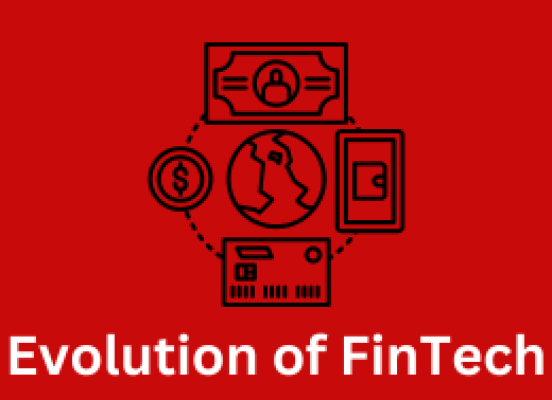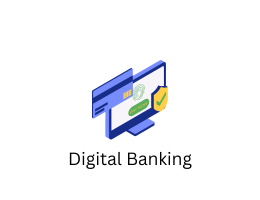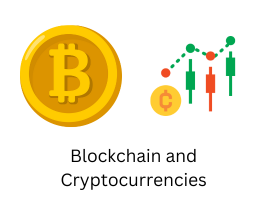
Evolution of FinTech: Tracing the history and development of FinTech and its key milestones
- By admin --
- Tuesday, 11 Jul, 2023
FinTech, short for Financial Technology, refers to the application of technological innovations to enhance and revolutionize financial services. Its history can be traced back to the early days of financial systems, but the term itself gained prominence in the late 20th century. Since then, FinTech has experienced significant milestones, shaping the financial industry as we know it today.
The roots of FinTech can be found in the early days of electronic funds transfer and online banking. In the 1960s, the development of mainframe computers enabled banks to process large volumes of transactions more efficiently. This laid the foundation for electronic banking systems, which gradually evolved into the online banking platforms we use today.
The 1980s witnessed the emergence of automated teller machines (ATMs), providing customers with convenient access to their funds outside of traditional banking hours. ATMs revolutionized the way people interacted with their finances and set the stage for further technological advancements.
The 1990s saw the rise of the internet and e-commerce. This decade marked a turning point for FinTech as financial institutions began exploring online banking and electronic payment systems. Companies like PayPal, founded in 1998, started offering online payment solutions that allowed individuals and businesses to send and receive money securely over the internet.
The early 2000s witnessed the advent of peer-to-peer (P2P) lending platforms. These platforms connected borrowers directly with lenders, bypassing traditional financial intermediaries. P2P lending opened up new opportunities for individuals and small businesses to access credit, challenging the dominance of banks in the lending space.
Another significant milestone in FinTech's evolution was the introduction of mobile banking and payment apps. As smartphones became more prevalent, financial institutions began developing mobile applications that allowed customers to manage their accounts, make payments, and conduct transactions on the go. This mobile revolution transformed the way people interacted with their finances, making banking services more accessible and convenient than ever before.
In recent years, the emergence of cryptocurrencies and blockchain technology has had a profound impact on the financial industry. Bitcoin, the first decentralized digital currency, was introduced in 2009. Since then, a multitude of cryptocurrencies have emerged, each with its own unique features and applications. Blockchain, the underlying technology behind cryptocurrencies, offers secure and transparent transactions, opening up new possibilities for areas such as cross-border remittances, smart contracts, and identity verification.
Another notable development in FinTech is the rise of robo-advisors. Robo-advisors leverage algorithms and artificial intelligence to provide automated investment advice and portfolio management services. This automated approach has democratized investment management, allowing individuals with limited resources to access professional investment advice at lower costs.
The expansion of FinTech has also given birth to the concept of open banking. Open banking involves sharing financial data securely and with user consent among different financial institutions, enabling the creation of new innovative products and services. It has the potential to increase competition, improve customer experience, and foster collaboration between traditional financial institutions and FinTech startups.
Regulatory frameworks have played a crucial role in shaping the development of FinTech. Governments and regulatory bodies have been working to strike a balance between fostering innovation and ensuring consumer protection. Regulatory sandboxes, which provide a controlled environment for FinTech experimentation, have emerged in many countries, allowing startups to test their products and services under regulatory supervision.
Looking ahead, the future of FinTech holds exciting prospects. The ongoing advancements in artificial intelligence, machine learning, big data analytics, and cloud computing will continue to drive innovation in the financial industry. FinTech is expected to further disrupt traditional banking models, leading to the emergence of new business models and transforming the way we access and manage financial services.
In conclusion, FinTech has come a long way since its inception, transforming the financial landscape through various milestones. From the early days of electronic banking to the rise of mobile payments, cryptocurrencies, robo-advisors, and open banking, FinTech has redefined how we interact with money. With constant technological advancements and regulatory support, FinTech is poised to reshape the financial industry, offering greater convenience, accessibility, and innovation for consumers and businesses alike.





